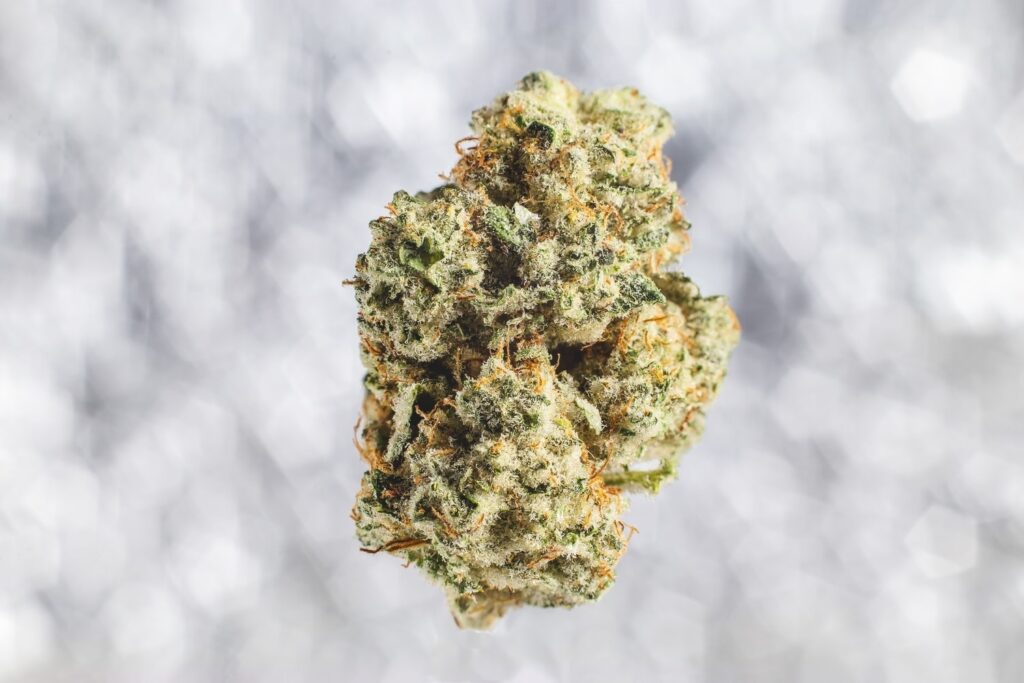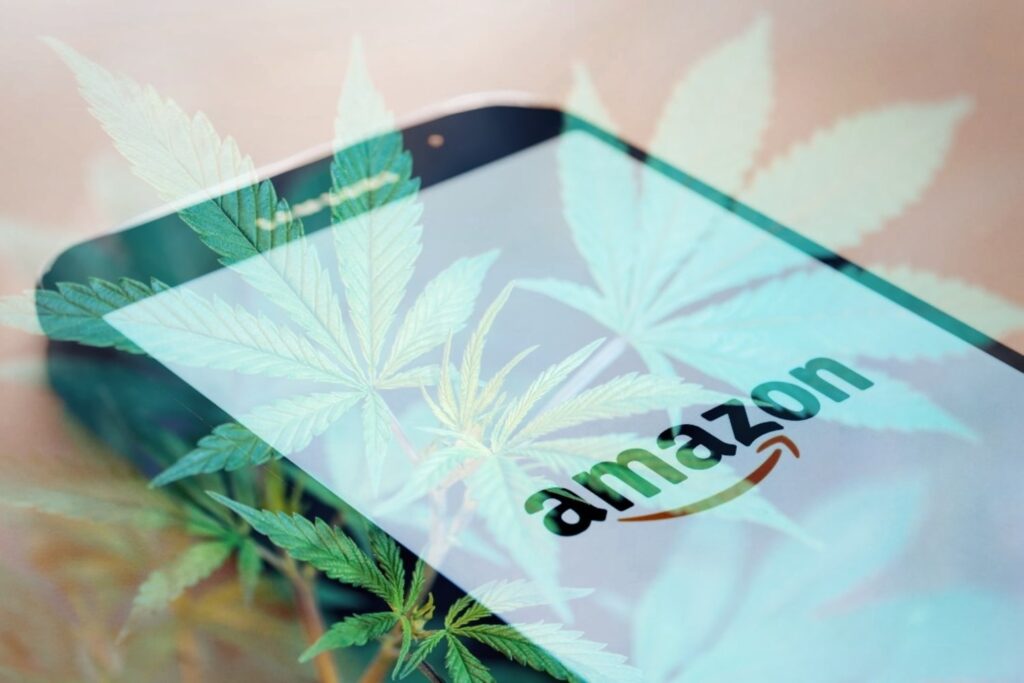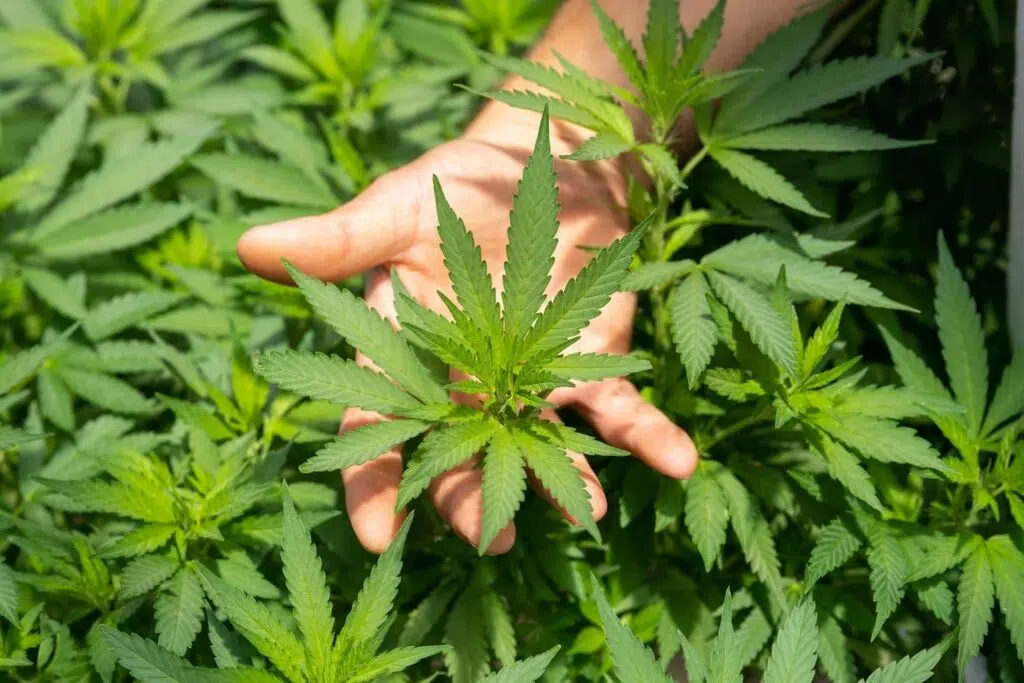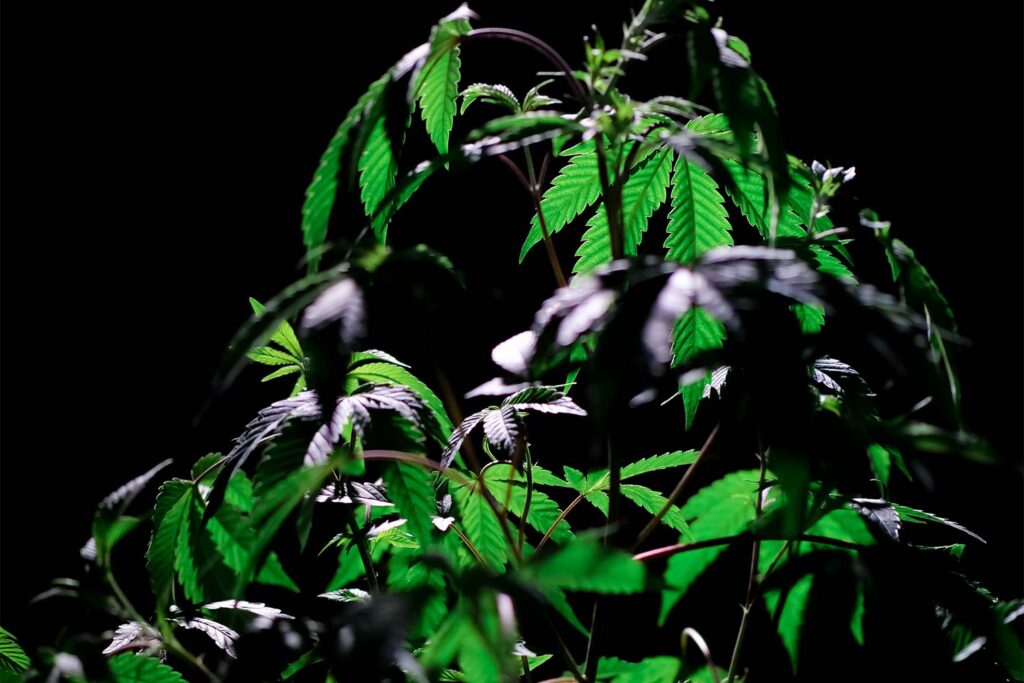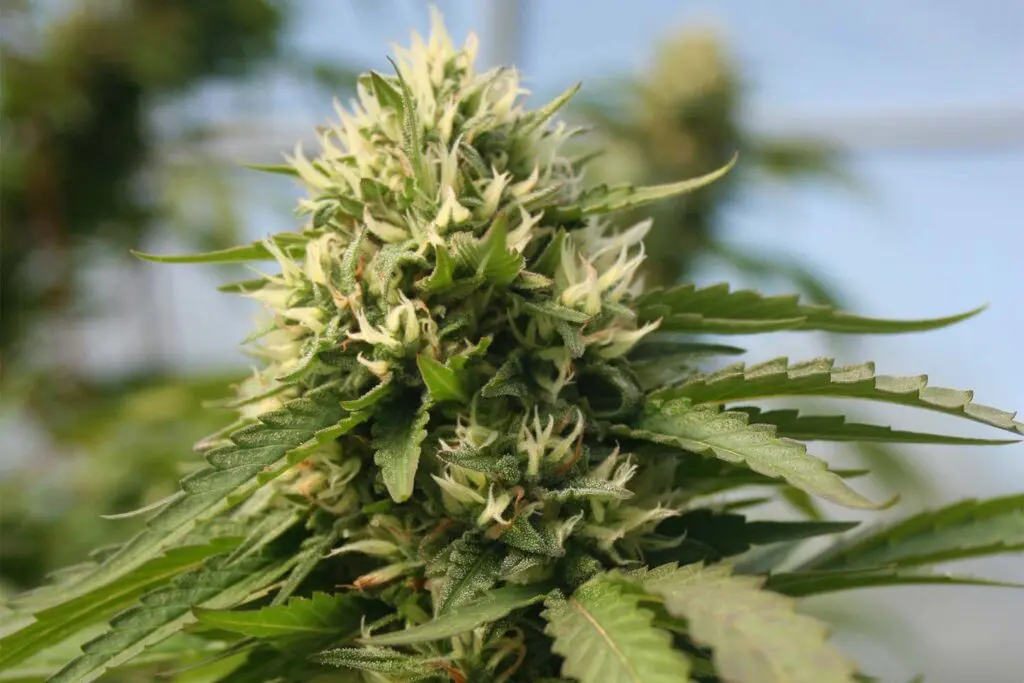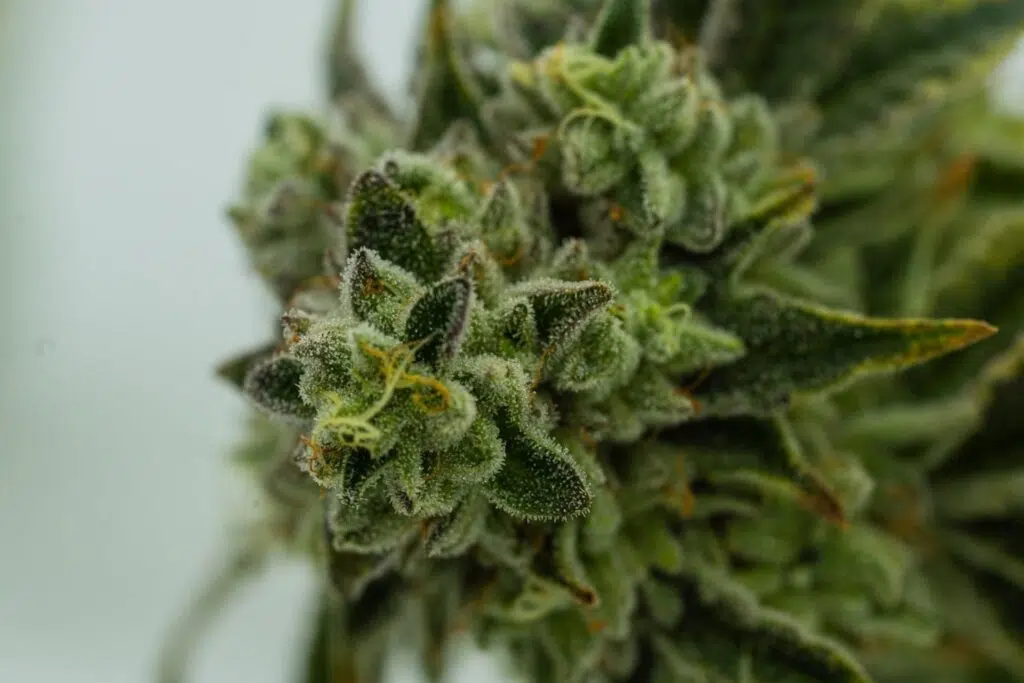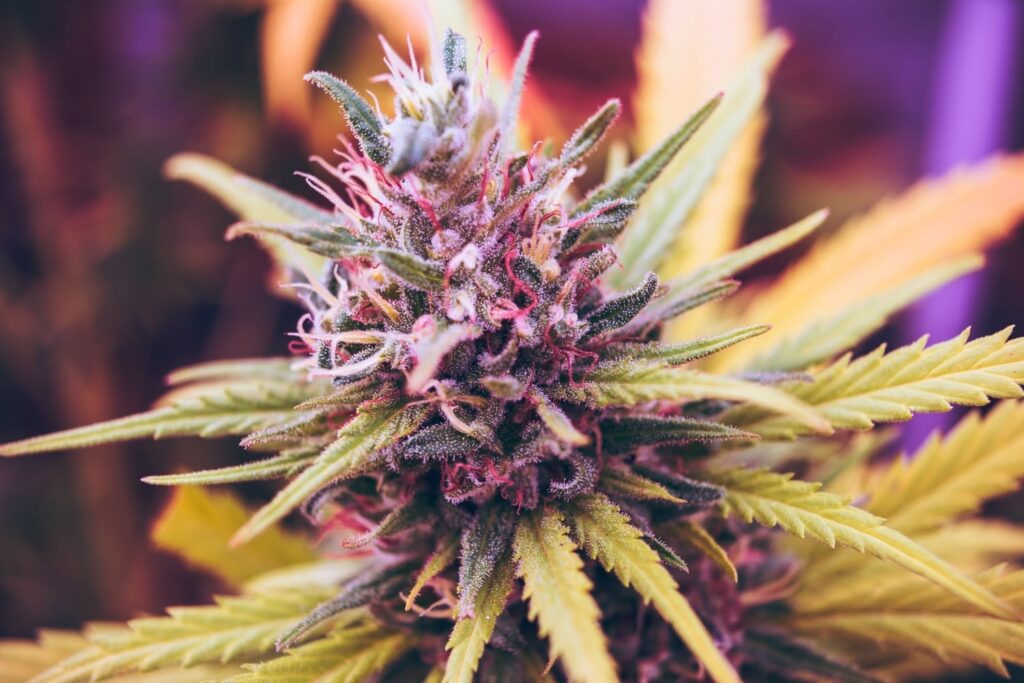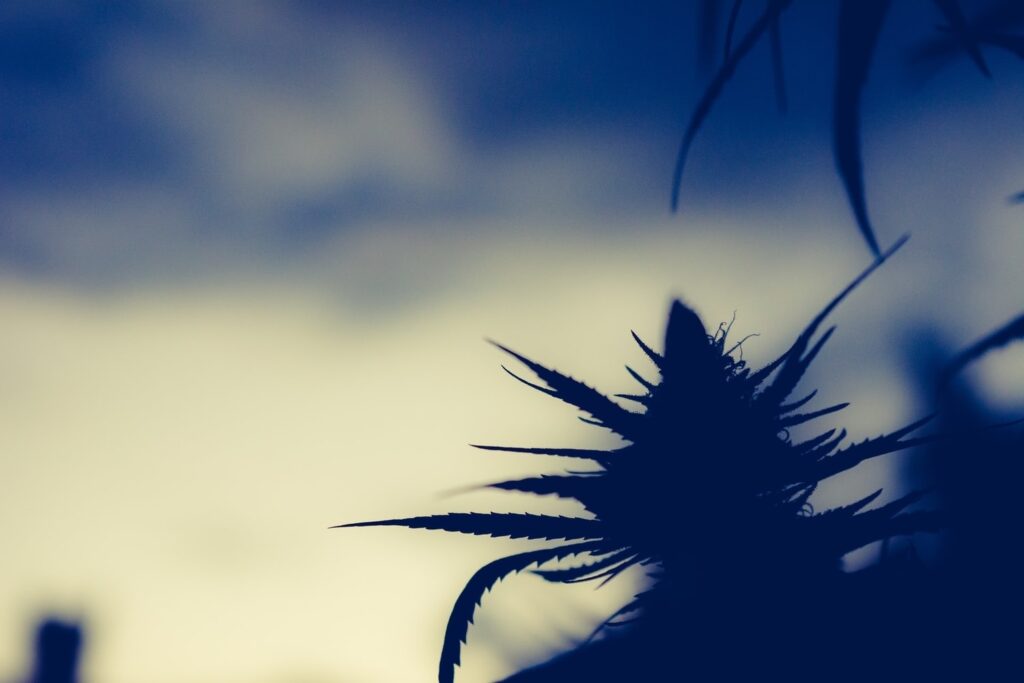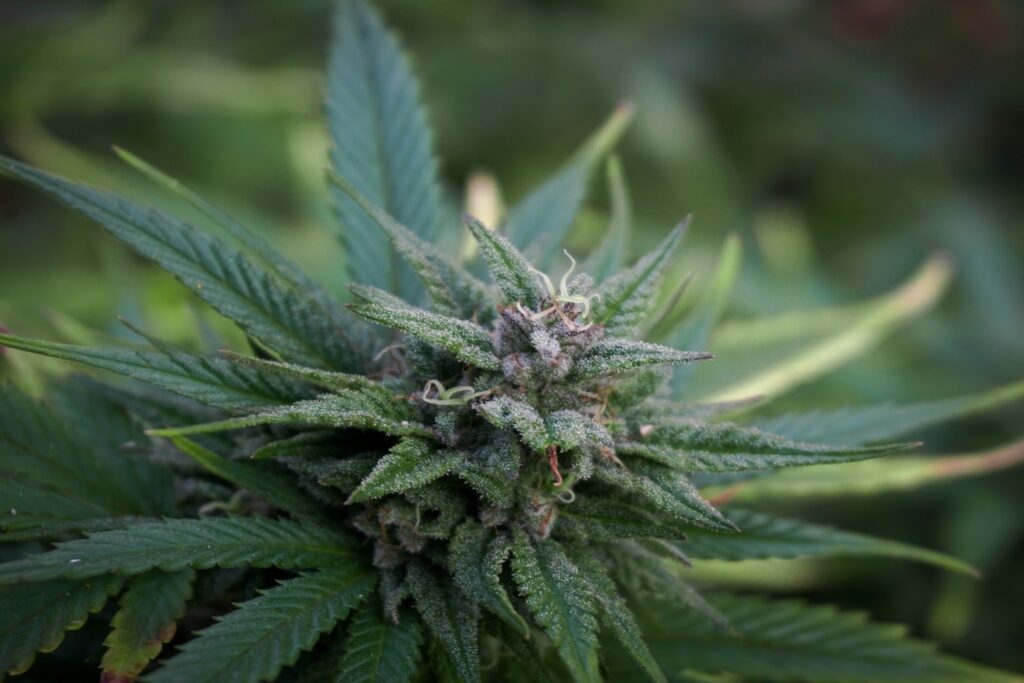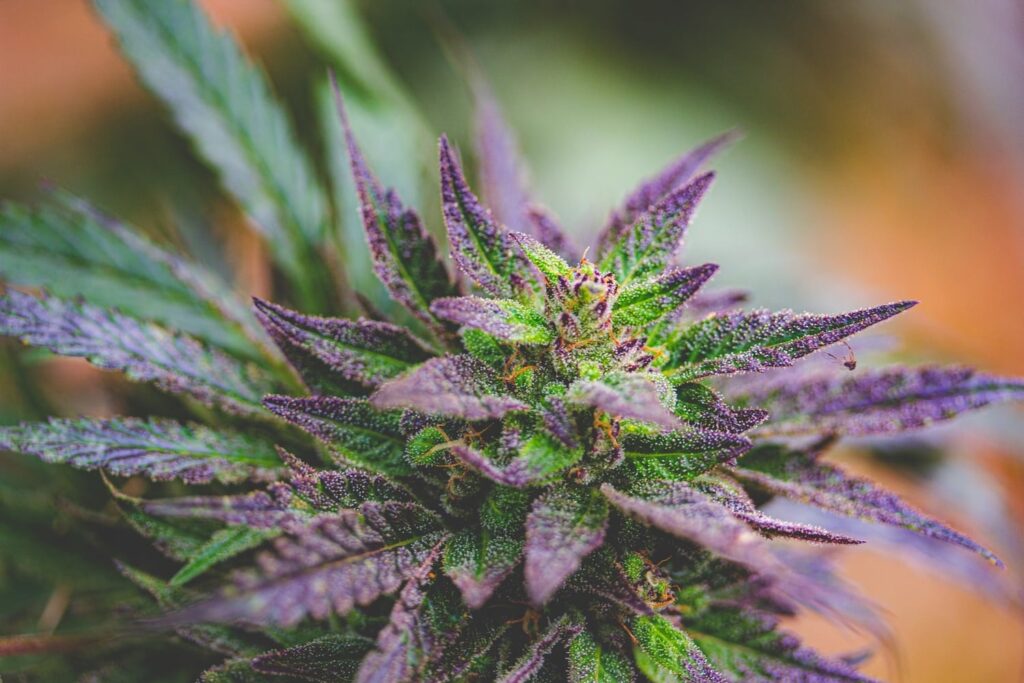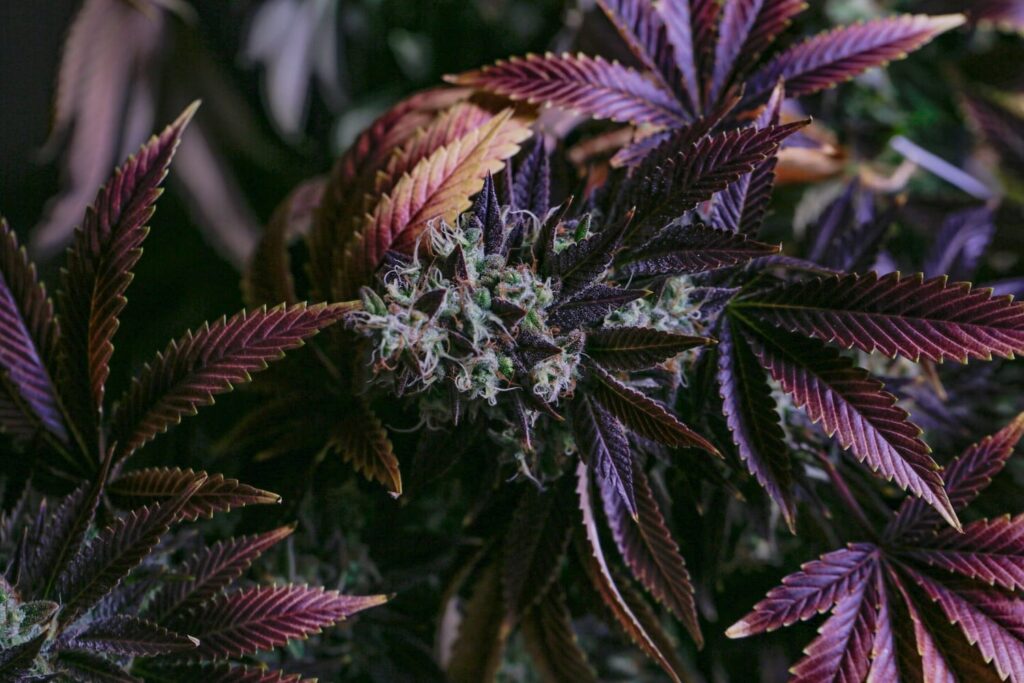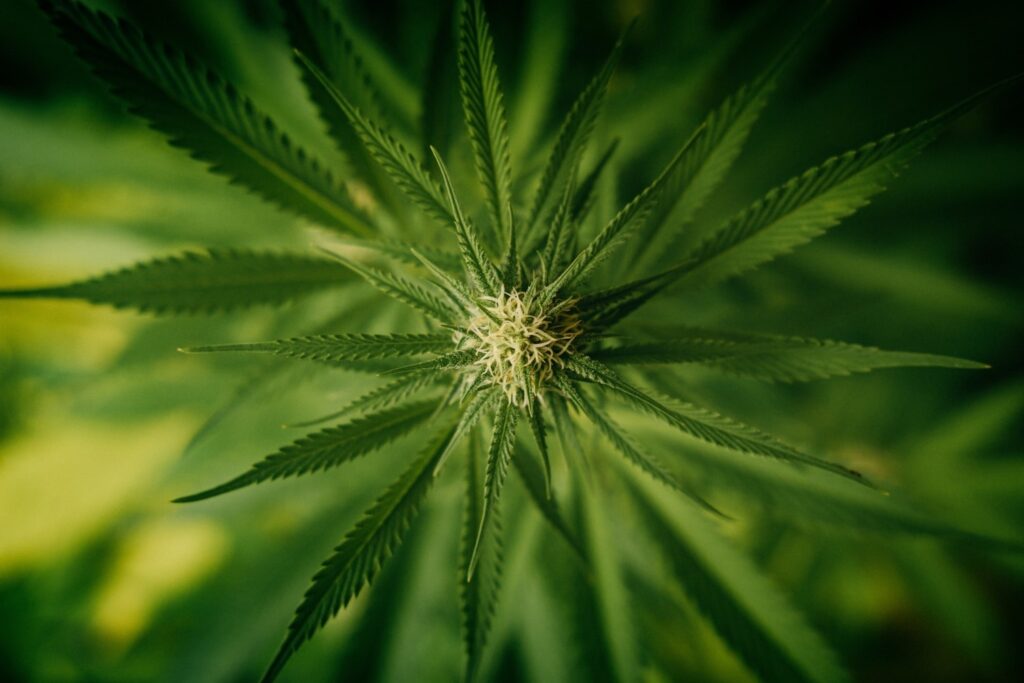New Jersey, Arizona, and South Dakota Legalize Marijuana on Election Day
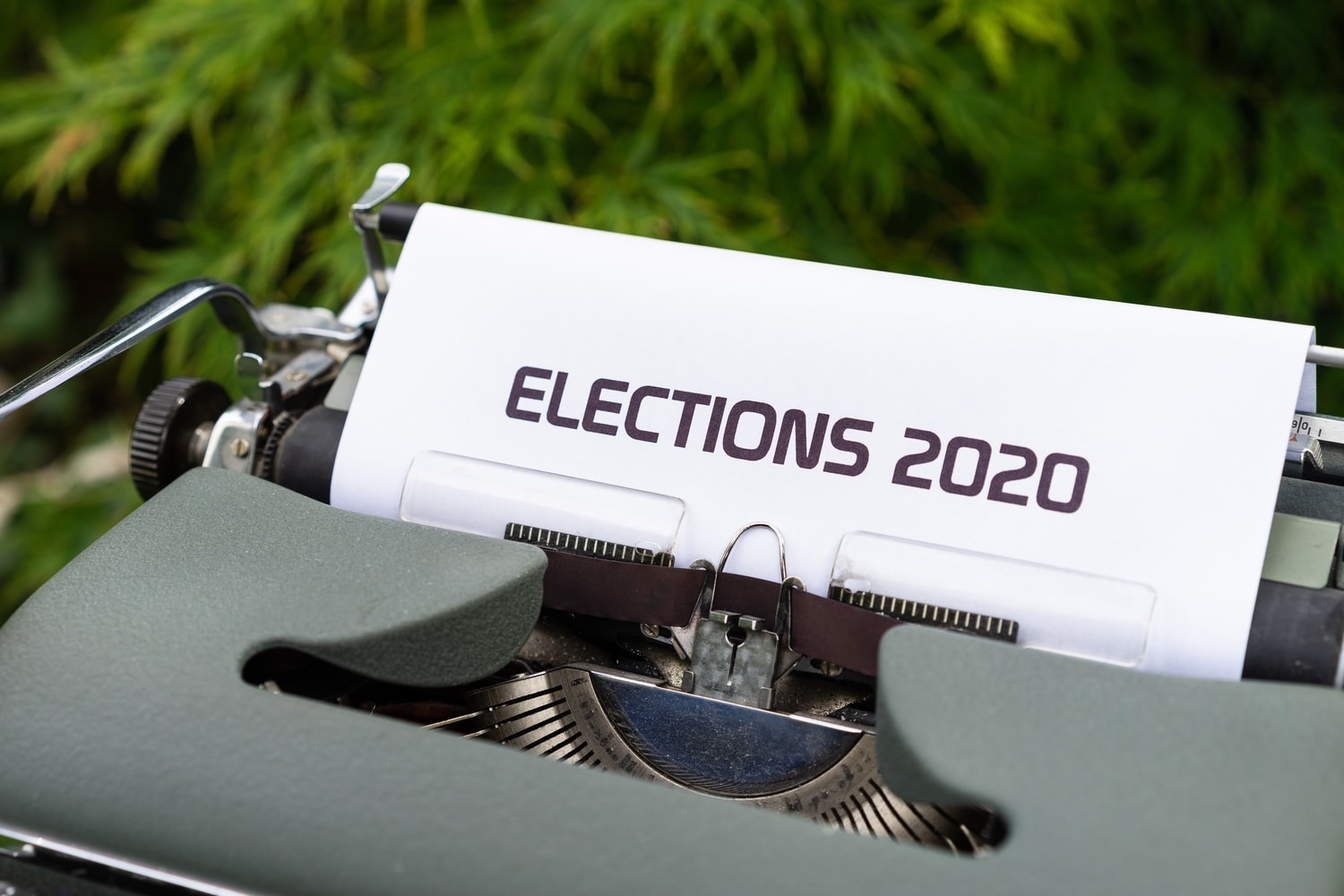
While we’re holding on to our seats for dear life, unable to focus on real-life and stuck to our phones waiting minute by minute on the final results of the election, there’s still been some great news today. New Jersey, Arizona, and South Dakota voted to legalize marijuana on Election Day.
Feature Photo source: Unsplash
We previously reported the five states that would dispute cannabis legislation on the November 3 ballot.
Today, we know that New Jersey has finally legalized recreational marijuana, Arizona passed Proposition 207 and South Dakota approved recreational and medical marijuana.
New Jersey Legalizes Recreational Marijuana
It’s safe to say that after a long time, New Jersey finally legalized recreational marijuana by a landslide.
Medical marijuana is already legal in the Garden State but up until this point, state lawmakers were unable to gather enough support to legalize pot recreationally.
Public Question No. 1 on the ballot read “Do you approve amending the Constitution to legalize a controlled form of marijuana called ‘cannabis’?”
Approval of this measure means that adults 21 or older can possess and consume cannabis legally without a medical prescription.
The state faced big challenges to get voters to the polls due to the coronavirus pandemic and confusion in regards to mail-in ballots, as many voters were new to the process.
However, legalization of recreational marijuana in New Jersey showed great support on the polls.
The law won’t go into effect until Jan 1, and legislators still have some details to hash out, like how many grams of cannabis each adult is allowed to possess.
Lawmakers will also have to work on legislation for the new retail marijuana market in New Jersey.
The state will tax 6.625 percent on sales and is likely to add an additional 2 percent on top.
Arizona’s retail marijuana market will be running by March 2021
Arizona has joined the other 11 states that have legalized recreational marijuana through Proposition 207.
Possession and growing of up to six plants at home will be legal starting on Nov. 30, when the election results are made entirely official.
They’re also going to set up a licensing system for retail sales of pot – which could be up and running as early as March 2021.
Medical marijuana dispensaries are first in line for licensing, as medical cannabis is already legal in Arizona.
More importantly, people previously convicted of felony charges for possession of marijuana or any other marijuana-related crimes will have their records expunged.
Adults may possess up to 1 ounce of weed and the state will create a “social equity” license to communities historically harmed by the War on Drugs.
South Dakota Leapfrogs
South Dakota simultaneously passed two constitutional amendments that make both recreational and medical marijuana legal in the state.
Measure 26 and Amendment A were approved, which, according to CNN, means the state has ‘leapfrogged’ which for many other states was a multi-step process.
Measure 26 allows for a medical cannabis program to establish in South Dakota for qualifying patients.
Amendment A legalized recreational cannabis for adults 21 or older and is forcing state legislators to adopt medical cannabis and hemp laws.
So far, South Dakota had one of the toughest penalty systems for possession of even the smallest amounts of pot.
This ‘leapfrog’ is expected to bring in at least $335,000 in revenue for the 2021 fiscal year.
Not just marijuana on the ballot
Montana and Mississippi were also able to legalize marijuana on some level or another.
For the former, two measures were approved for recreational use of cannabis, as well as allowing for up to 1 ounce of weed per adult.
The latter approved a measure to set up a medical cannabis program in the state, leading by around 75 percent of the votes. The program will be in place by August 2021.
Marijuana wasn’t the only drug that was somewhat legalized on the ballot.
Oregon legalized psychedelic mushrooms and decriminalized small amounts of illegal drugs, including cocaine and heroin, among others, and reclassifying the offense as civil violation, setting up a $100 fine.
Washington didn’t necessarily legalize ‘shrooms, but they also decriminalized them while recategorizing them as the “lowest law enforcement priorities”.

